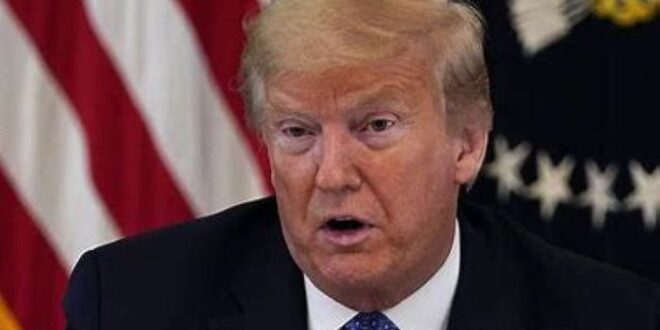In a move aimed at strengthening the U.S. economy, President Donald Trump has signed an executive order calling for the creation of a U.S. Sovereign Wealth Fund (SWF). The new fund is designed to manage and invest national savings, with the goal of providing long-term financial stability and enhancing economic growth. This bold initiative comes as the U.S. continues to face growing fiscal challenges and seeks new ways to manage its finances amid changing global markets.
What is a Sovereign Wealth Fund?
A sovereign wealth fund (SWF) is a state-owned investment vehicle that manages a country’s wealth, typically accumulated from surplus revenues such as natural resources, trade surpluses, or foreign currency reserves. These funds are used to invest in a variety of assets, including stocks, bonds, real estate, and other strategic assets.
The U.S. SWF would aim to bolster the country’s financial security by diversifying its assets and investing in areas that could generate sustainable returns for future generations. A portion of the fund could also be used to reduce the national debt, making it a critical tool for economic management.
What Does the Executive Order Propose?
President Trump’s executive order outlines key aspects of the proposed U.S. Sovereign Wealth Fund, including:
- Fund Creation and Management: The executive order mandates the establishment of a new government body tasked with managing the SWF, likely operating under the direction of the U.S. Treasury Department or a newly formed financial entity.
- Asset Allocation: The SWF would focus on acquiring a diverse range of assets to maximize returns and reduce risk. This could include investments in technology, infrastructure projects, and renewable energy to future-proof the nation’s finances.
- Debt Reduction: The fund would also contribute to the reduction of the national debt, potentially alleviating the financial burden on future taxpayers.
- Job Creation and Economic Growth: By investing in strategic sectors, the SWF is expected to contribute to job creation and spur innovation in areas like renewable energy, artificial intelligence, and high-tech industries.
Why Now?
The establishment of a U.S. Sovereign Wealth Fund is being seen as a response to several key factors:
- National Debt: With the U.S. facing an ever-increasing national debt, the SWF offers an innovative way to generate revenue and relieve financial pressure.
- Global Financial Instability: In light of unpredictable global markets and the challenges brought on by the COVID-19 pandemic, the fund is seen as a way to safeguard the country’s financial future against unforeseen events.
- Diversification of National Assets: The SWF would help the U.S. diversify its assets, moving beyond traditional investments like bonds and foreign reserves into high-growth sectors.
Challenges and Criticisms
Despite the potential benefits, the creation of a U.S. Sovereign Wealth Fund is not without its challenges:
- Political Resistance: Some lawmakers may oppose the creation of such a fund, fearing it could lead to more government intervention in markets or increase fiscal risk.
- Management and Oversight: Concerns over the fund’s management and accountability will likely be raised, with critics calling for strong oversight mechanisms to ensure the fund is managed responsibly and transparently.
- Public Perception: There is also the issue of how such a fund would be received by the public, especially given concerns about government spending and debt accumulation.
What’s Next?
The executive order signals the beginning of a comprehensive planning phase. The next steps include:
- Formation of the SWF management team: Experts in finance, economics, and investments will need to be appointed to oversee the fund’s creation and strategic direction.
- Congressional Review: The initiative will likely face scrutiny from Congress, where both support and opposition could shape the fund’s final structure and operational guidelines.
The creation of a U.S. Sovereign Wealth Fund represents an ambitious and forward-thinking proposal by President Trump’s administration. If successfully implemented, it could transform the way the U.S. manages its financial resources, providing long-term benefits for future generations. However, the success of the initiative will depend on effective management, broad political support, and transparent oversight.
 Business Sandesh Indian Newspaper | Articles | Opinion Pieces | Research Studies | Findings & News | Sandesh News
Business Sandesh Indian Newspaper | Articles | Opinion Pieces | Research Studies | Findings & News | Sandesh News



